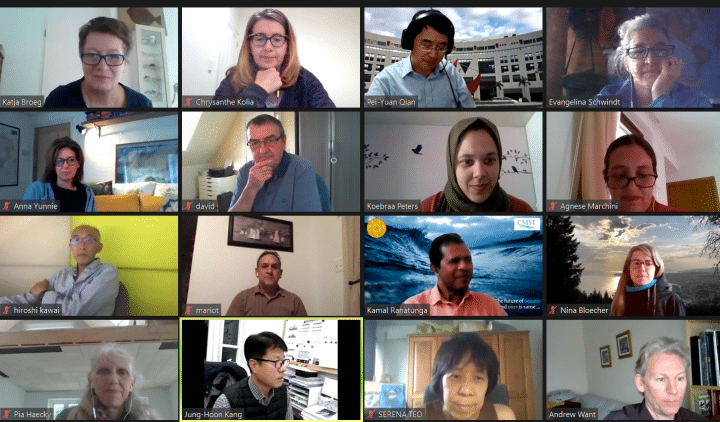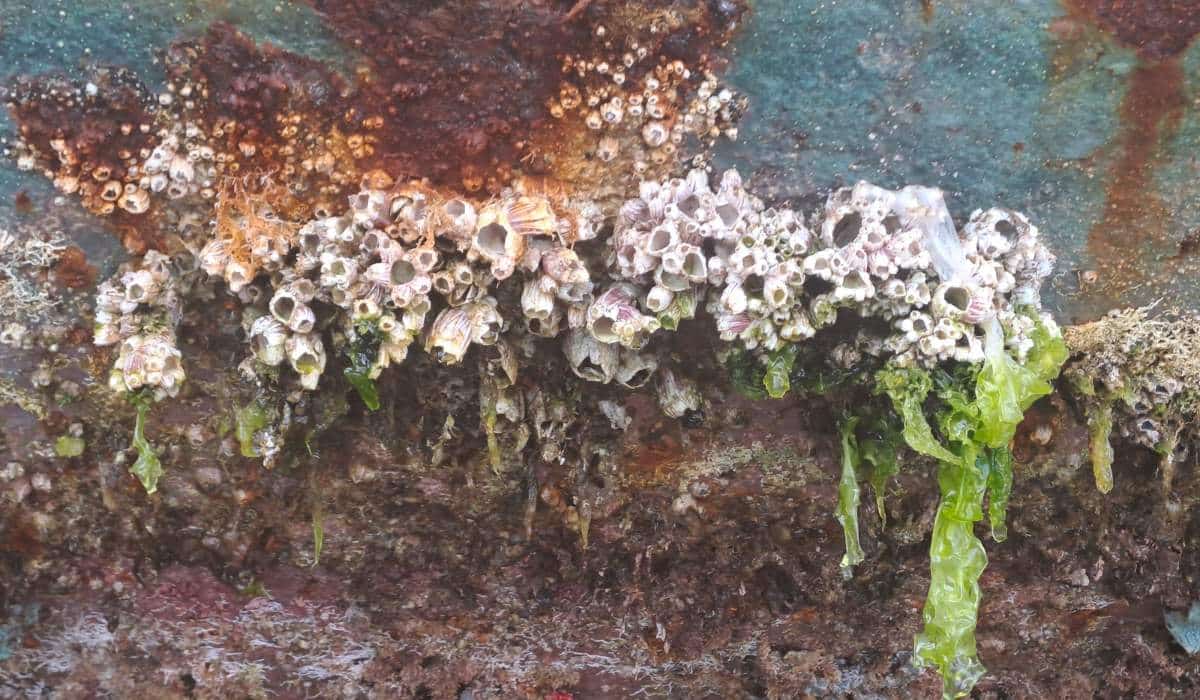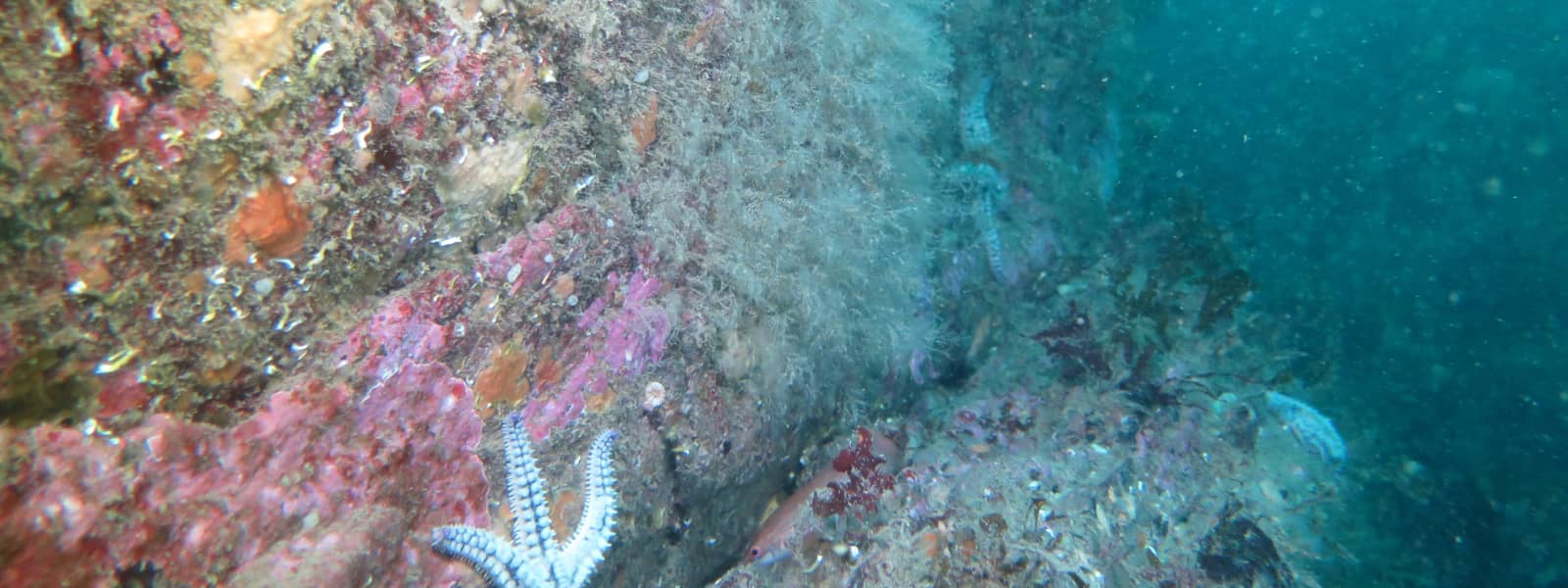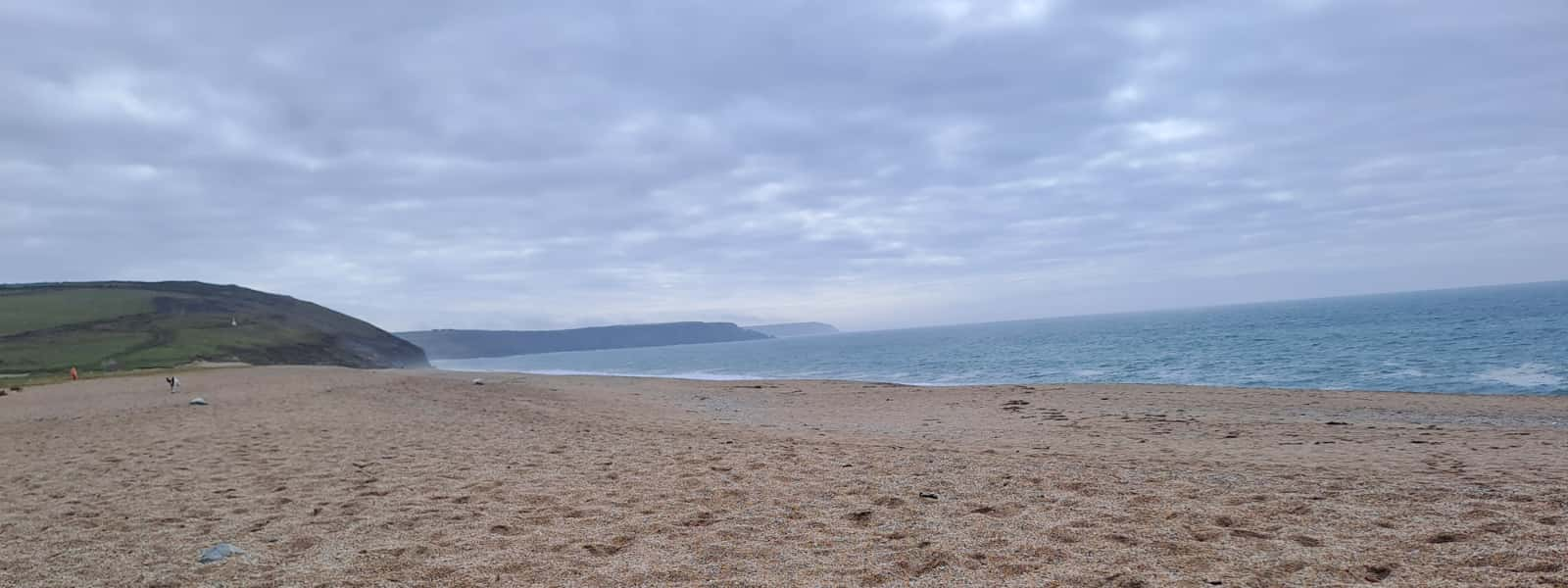PML Applications is proud to have contributed to the publication of a new international report on marine biofouling.
Titled “Marine Biofouling: Non-indigenous Species and Management Across Sectors” this comprehensive study has been developed by the Joint Group of Experts on the Scientific Aspects of Marine Environmental Protection (GESAMP), and features significant contributions from PML Applications’ Principal Consultant, Anna Yunnie, and PML Fellow David Smith.
The report addresses the critical intersection of two major challenges in marine environments: biofouling and the spread of invasive species.
It harnesses valuable insights from across marine commercial and recreational sectors, providing insight for marine resource managers at local and global levels.
Key findings from the report include:
- The necessity for tailored combinations of policies, measures, and regulations for each sector to effectively prevent or control biofouling and the spread of non-indigenous species (NIS).
- The importance of clear regulatory frameworks with sector-appropriate standards to manage the risk of biofouling as a pathway for invasive species.
- The need for adequate monitoring and compliance measures, regular updates based on new knowledge and innovations, and careful consideration to avoid unintended environmental consequences.
- The crucial role of ongoing monitoring, information sharing, and adaptive management due to the context-specific nature of biofouling management.

Image credit: GESAMP
Anna Yunnie, Principal Consultant at PML Applications, commented on the report:
“It’s been a privilege to contribute to this crucial study. The findings highlight the complex challenges we face in managing marine biofouling and invasive species across different sectors. This report will undoubtedly serve as a valuable resource for policymakers and industry professionals alike.”
GESAMP, an advisory body supported by ten United Nations organizations, commissioned the report as part of its ongoing efforts to promote sustainable governance of the marine environment through multidisciplinary scientific understanding.
The report is available at: http://www.gesamp.org/publications/marine-biofouling-non-indigenous-species-and-management-across-sectors
For more information about GESAMP, please visit: http://www.gesamp.org/



